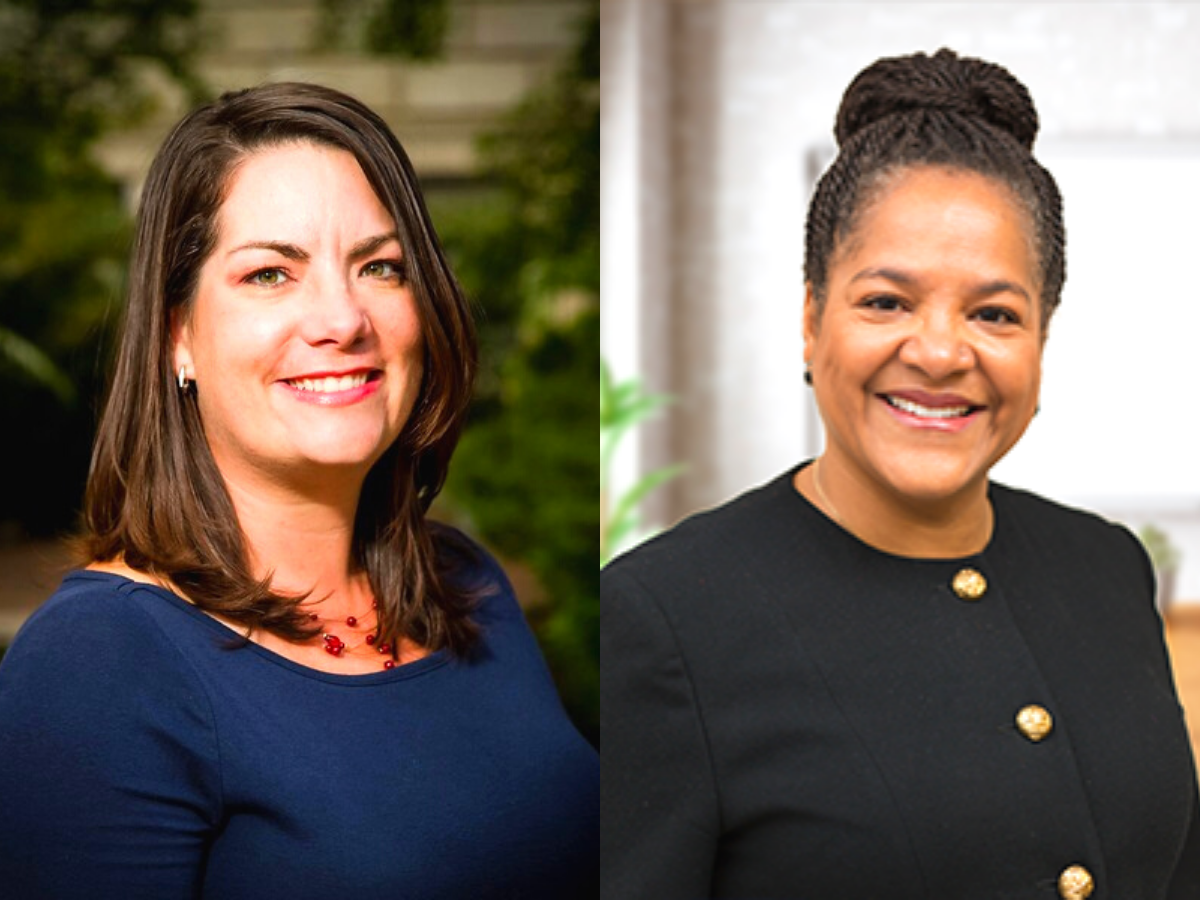The University of Georgia’s College of Public Health (CPH) hosted its ninth annual State of the Public’s Health Conference virtually on January 12.
For the past eight years, the conference has brought together professionals across multiple disciplines and sectors to dialogue on how to work together to improve the health of all Georgians.
“In my lifetime our world has never needed more the experience and the perspective that public health offers,” said Marsha Davis, CPH dean and conference founder.
This year’s program featured discussions about racial equity in public health, the COVID-19 vaccine and vaccine hesitancy, and the collision of COVID-19 and the opioid epidemic in Georgia.
“We were thrilled to begin the year with public health professionals across Georgia. We planned a morning that we hope will energize, motivate, and empower attendees as we move further into 2021,” said Grace Bagwell Adams, CPH’s assistant dean of outreach, engagement, and equity.
Public health microbiologist and science writer Amber Schmidtke, who has been sharing and educating the public on the state’s COVID-19 case, hospitalization and death data since March, was the morning keynote speaker.
Schmidtke spoke about the importance and challenges of providing accurate and timely information on the pandemic to a general audience, and the need for more public health experts to use their voices to combat disinformation.
“Given our public’s short attention span and demand for instant gratification. It has been even more important to have clear and consistent messaging,” she said.
Schmidtke argued that a lack of science literacy and critical thinking set the stage for the public to view the rapidly changing information on COVID-19 transmission, and now vaccine efficacy, with suspicion.
While good science takes time, says Schmidtke, “conspiracy theories are fast. Controlled studies and peer review are not, so science will always be behind.”
That’s where public health professionals can make a difference, she says, by speaking up and serving as an authority on science for their families, friends and communities.
“Public health needs to find its voice in order to take back the really loud microphone from those who wish to disinform. When we don’t speak, it leaves a void for disinformation,” said Schmidtke.
The conference also featured reflections on the systemic racial injustices that impact health.
CPH alumna SJ Henderson shared her spoken word performance, “Define Pandemic?” reacting to not only the COVID-19 pandemic’s impact on Black lives in the U.S., but also the persistent environmental health inequities that have disadvantaged Black communities for decades.
And, Renée Branch Canady, chief executive officer of the Michigan Public Health Institute, closed the day charging public health leaders with setting the stage to advance health equity in their organizations and communities.
“What type of tone are you setting? From wherever you sit in your organization, your sphere of influence, what tone, what culture, what mood are you pressing in your organization?” asked Canady.
Building toward equity, she said, means acknowledging where unfairness impedes health, becoming aware of your own power and privilege, and to lead with courage.
“Take action, take a risk,” said Canady. “The risks, the efforts, the sleepless nights are worth it, and if we are planted in history at this time, then it is your responsibility as a public health leader to pick up the gauntlet and do what only you can do.”
Full recordings of the keynote and breakout session presentations will be available to the public at the conference website.
– Lauren Baggett
Posted on January 14, 2021.







